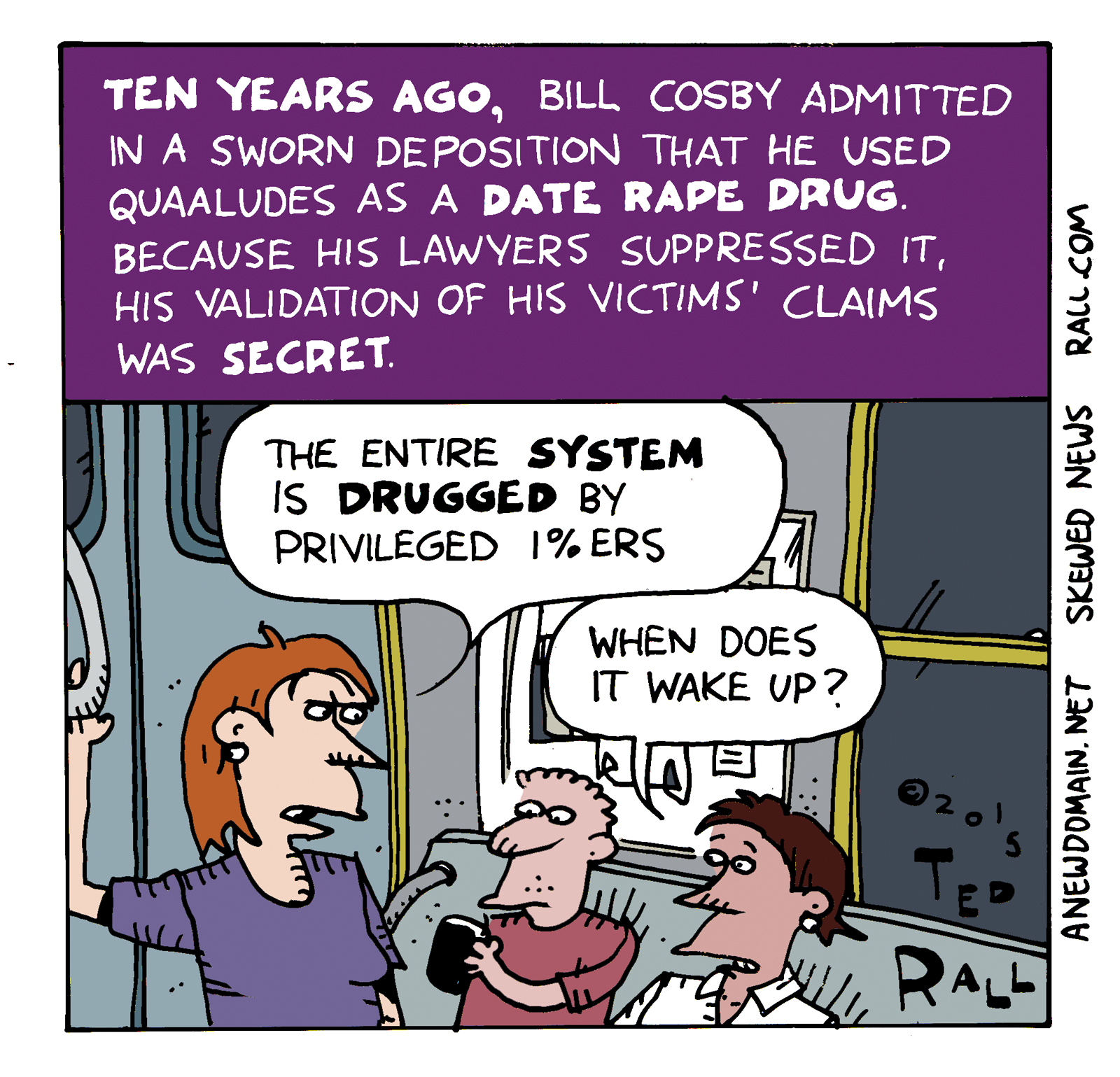The Los Angeles Times, which has published my editorial cartoons about Los Angeles and California since 2009, has fired me. The reason: the LAPD supplied them with “evidence” they say proves I lied when I wrote in May that the LAPD falsely charged me with jaywalking and treated me roughly and rudely in 2001. Listen to the audiotaped “evidence” — mostly unintelligible garbage — and read my detailed reply to this disgusting example of journalistic cowardice in the face of a violent and corrupt police department willing to lie to protect itself here, at ANewDomain.net.
Added at 8:08 EDT: Here’s a collection of videos that proves that handcuffing alleged jaywalkers isn’t unusual in LA, and may in fact by standard procedure.

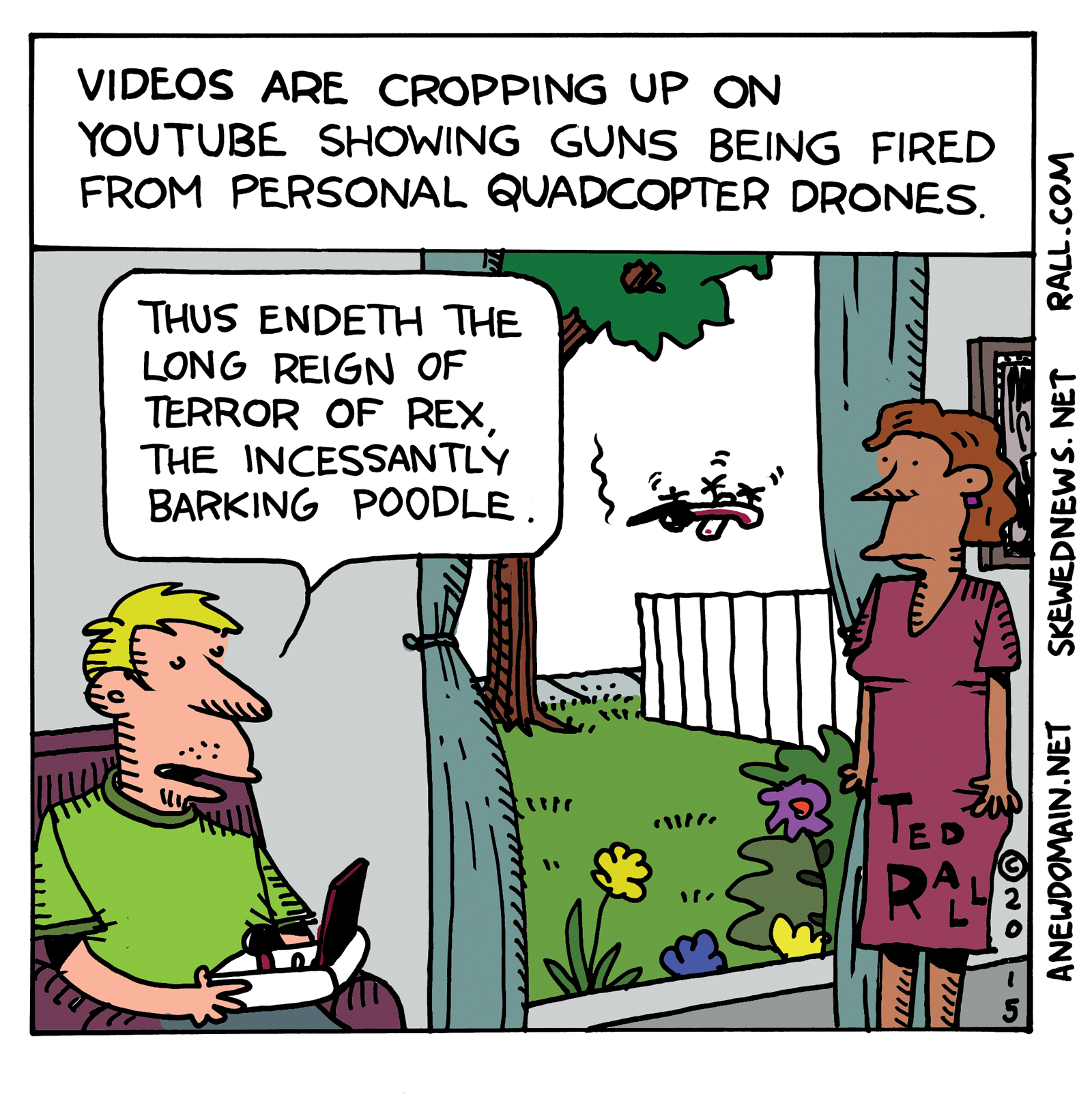


 Hillary’s other big albatross is the widespread perception among the Democratic Party’s progressive base that she is not one of them.
Hillary’s other big albatross is the widespread perception among the Democratic Party’s progressive base that she is not one of them.  I say the media, rather than Republican primary voters, because his poll numbers have risen since he said that many Mexicans crossing the border illegally are criminals and rapists.
I say the media, rather than Republican primary voters, because his poll numbers have risen since he said that many Mexicans crossing the border illegally are criminals and rapists. 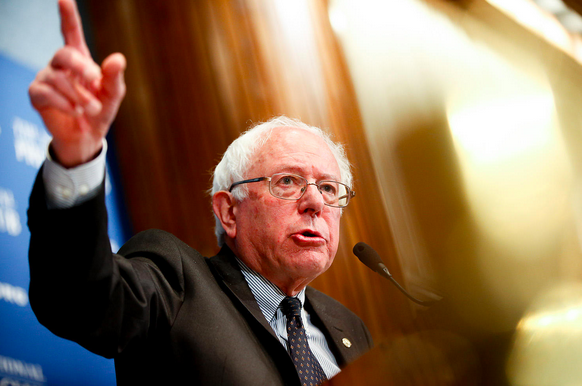 The Too-Much-Information Bernie Sanders Attack
The Too-Much-Information Bernie Sanders Attack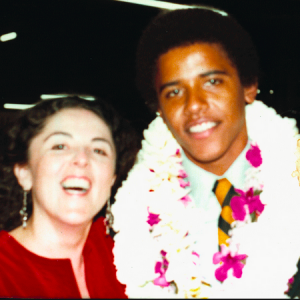
 Rather she comes to us via the very old tradition of wives inheriting their politician husband’s status, like the widow of Hubert Humphrey, who inherited his senate seat, or Benazir Bhutto of the universally acknowledged patriarchy, Pakistan.
Rather she comes to us via the very old tradition of wives inheriting their politician husband’s status, like the widow of Hubert Humphrey, who inherited his senate seat, or Benazir Bhutto of the universally acknowledged patriarchy, Pakistan.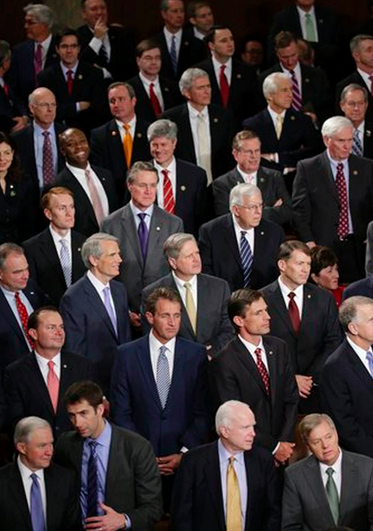 And never mind the ongoing salary differentials between male and female workers, or hey, ever noticed how male the room looks (see crowd image, at right) when the camera pans across members of Congress during a State of the Union Address?
And never mind the ongoing salary differentials between male and female workers, or hey, ever noticed how male the room looks (see crowd image, at right) when the camera pans across members of Congress during a State of the Union Address?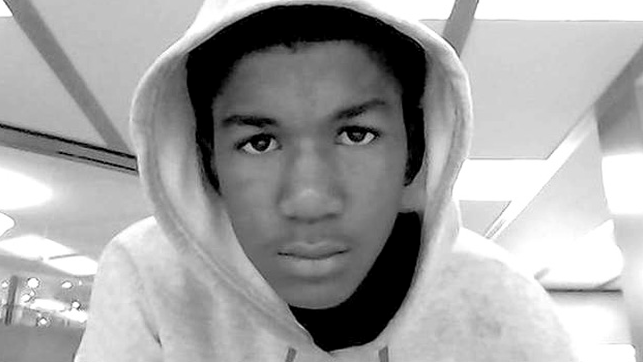 This is despite nearly seven years in office, during which, by all accounts (said accounts sourced from black civil rights leaders), the president has studiously avoided pressing for policy measures that would benefit black people — aside from a few measured statements following racially-charged controversies. Recall, after the Florida shooting of Trayvon Martin (pictured at left), Obama’s comment was: “If I’d had a son he would have looked like him.”
This is despite nearly seven years in office, during which, by all accounts (said accounts sourced from black civil rights leaders), the president has studiously avoided pressing for policy measures that would benefit black people — aside from a few measured statements following racially-charged controversies. Recall, after the Florida shooting of Trayvon Martin (pictured at left), Obama’s comment was: “If I’d had a son he would have looked like him.”  Tokenism is what the system sells you and me. And to the ruling classes, ideas and ideology are everything.
Tokenism is what the system sells you and me. And to the ruling classes, ideas and ideology are everything. 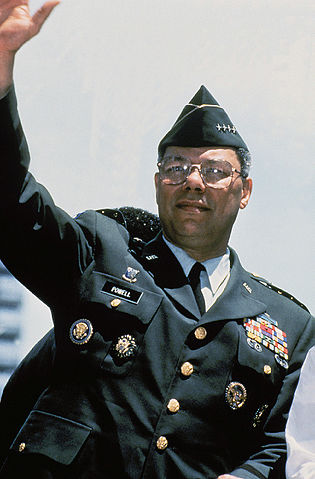 The regime of Bush and Cheney wound up hated and reviled, but does anyone doubt that their long run on the high end of the opinion polls was extended by the Administration’s Uncle Toms, General Colin Powell (pictured left) and Secretary of State Condi Rice (pictured below right)?
The regime of Bush and Cheney wound up hated and reviled, but does anyone doubt that their long run on the high end of the opinion polls was extended by the Administration’s Uncle Toms, General Colin Powell (pictured left) and Secretary of State Condi Rice (pictured below right)?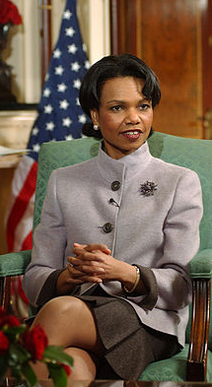 the U.S. — polls consistently show that about half of American voters would like to get rid of capitalism and replace it with socialism and communism. This is remarkable considering that these ideologies are rarely discussed here, except as objects of scorn and terror.
the U.S. — polls consistently show that about half of American voters would like to get rid of capitalism and replace it with socialism and communism. This is remarkable considering that these ideologies are rarely discussed here, except as objects of scorn and terror. Because Hillary Clinton might become president. Because Sheryl Sandberg (left) made friends with Mark Zuckerberg and so scored a great job at Facebook, which gave her an in to pitch and promote her book.
Because Hillary Clinton might become president. Because Sheryl Sandberg (left) made friends with Mark Zuckerberg and so scored a great job at Facebook, which gave her an in to pitch and promote her book. 
